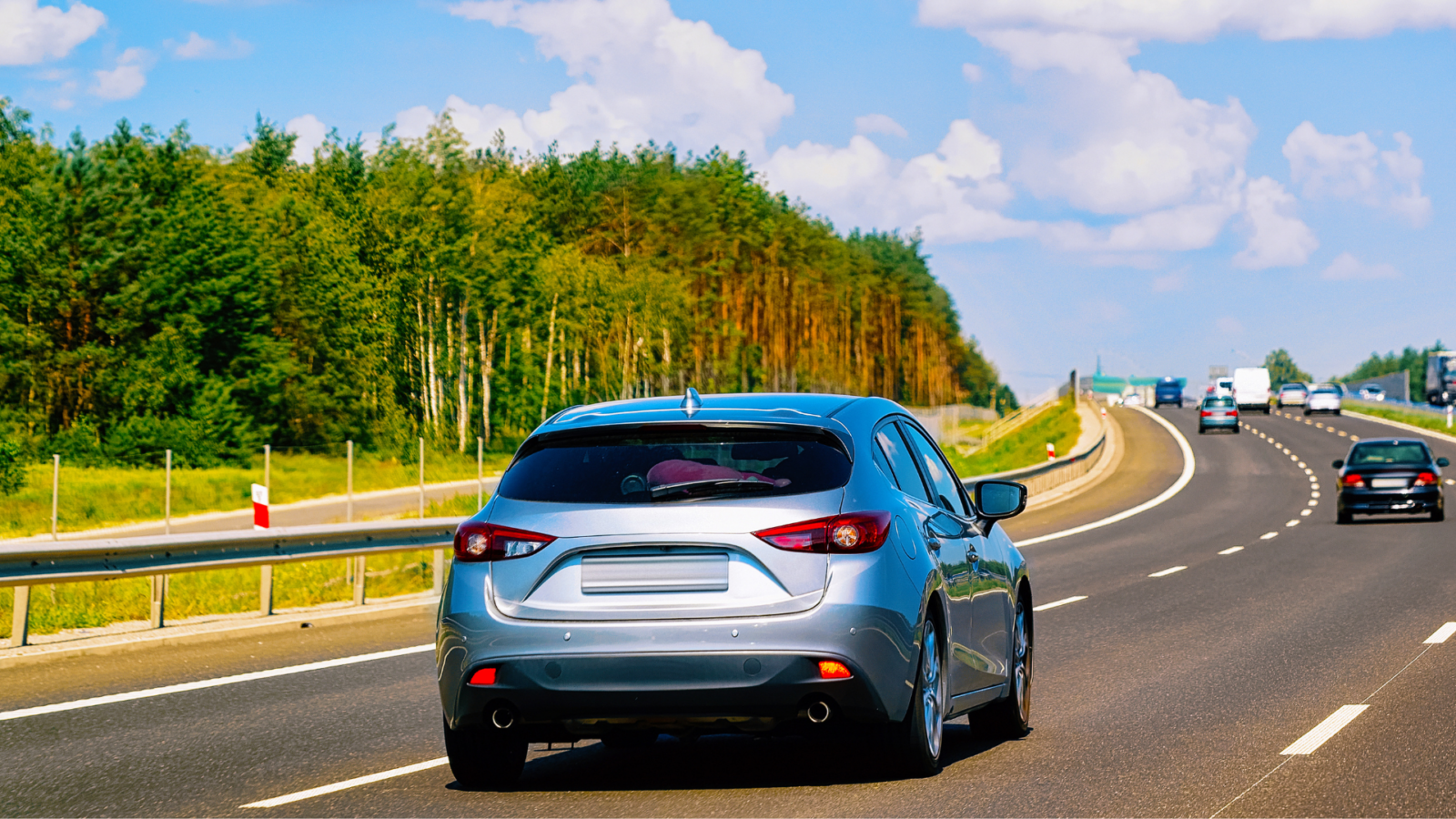Cloud Bookkeeping & Controllership
How To Use Company Vehicle To Claim Expenses
September 8, 2023

Establishing and maintaining a small business is a physically and mentally taxing job. You start alone, doing all the running around yourself. Even if you hire staff, there still is a lot of to and fro happening for various reasons: meetings with prospective partners or clients, arranging equipment and supplies for business, making deliveries to customers, and much more. To make all this easier and quicker, using a vehicle becomes imperative.
But then there’s a new problem to think about – vehicle expenses. What are the criteria for claiming vehicle expenses used for business purposes? How does one calculate them? And what approach is best for you as a small business owner?
Prerequisites of Claiming Vehicle Expenses
Regardless of whether you use your personal vehicle for business purposes or have a business vehicle, you need to maintain certain records and documents. These include:
- The total distance you’ve driven during the year.
- Odometer readings are right from the start to the end of the year.
- How many kilometres have you travelled for business purposes, and how many for personal trips?
Also necessary are:
(i) Licence & registration documents
(ii) Documents regarding interest on money borrowed for purchasing the vehicle
(iii) Insurance documents
(iv) Fuel & oil receipts
(v) Electricity receipts (in the case of zero-emission vehicles)
(vi) Maintenance & repair bills
(vii) Leasing costs
Apart from this, you also need to carefully record details of each trip you have undertaken in the vehicle, such as –
(a) Date of the trip
(b) Purpose of the trip
(c) Destination
(d) Kilometres covered
The Canada Revenue Agency (CRA) verifies all the documentation and records before settling any claims, so maintain and update logs at all times.
Case 1: Using Your Own Vehicle
Many small business owners find it economical to use their personal vehicle for business-related travel instead of buying a new one under the business name. It is especially true if you run your business from home instead of separate office space.
If you use a personal vehicle for business use, you can only claim the distance travelled for work purposes. There is a fixed rate of 68 cents per kilometre for the first 5,000 kilometres driven and 62 cents per kilometre for each additional kilometre thereafter prescribed by the CRA (this rate is for 2023; it changes yearly). These rates have been arrived at after considering other expenses such as gas, insurance and maintenance, so you cannot claim these separately. Please note that driving from home to your place of business is considered personal use and will not be eligible for reimbursement.
How do you calculate business and personal use? This is where your logbook helps. You deduct the number of kilometres travelled for personal use from the total kilometres covered in the year to arrive at the distance travelled for work purposes. For instance, John works from home but travels for client visits and documentation. He maintains a log of his business travels. His logbook at the end of the year states:
Total distance travelled –500km.
Business-related distance covered – 200km.
John’s total business travel was 40% (200km/500km) during the year, and the remaining 60% was personal travel. He has two options. He can either use the CRA’s prescribed rate of $0.68 for the 200 km business travel, which comes to $136. Or he can claim 40% of the overall vehicle expenses like repairs and maintenance, insurance, and fuel. If the overall vehicle expense is $500, John can claim 40% of $500, which is $200 as vehicle expense. However, he needs to maintain invoices for all car-related expenses.
Case 2: Using a Company Vehicle
If you are using a vehicle bought and registered under the company’s name, the rules change. All documentation must be in the company’s name, including purchase or lease agreements and insurance. All invoices, like insurance and repairs, should be paid from the company’s account. And if the vehicle is in your name, it is suggested you make the payments from your personal account and claim reimbursement from the company, even if you are the company owner.
However, a luxury vehicle bought in the company name is not considered a reasonable expense for the business by the CRA. Thus, it is not eligible for any claims whatsoever. In the case of a company vehicle, the CRA also stipulates that when not used, the vehicle must be parked on the company premises only, not at the owner or employee’s home (unless you operate your business from home).
Even for a company-owned vehicle, the first thing to determine is the percentage usage of your vehicle for business purposes. Using it 90% or more for work, you can claim all vehicle costs as business expenses. But if you use it less than 10% for work-related travel, the CRA does not allow you to claim any vehicle-related costs as a business expense. Most small businesses’ vehicle usage falls somewhere in between these two extremes of 10% and 90%. Hence, small business owners need to maintain detailed records of their business trips to justify the business usage of the vehicle and claim tax deductions.
Remember, detailed records of distance travelled, odometer readings, and other receipts are important in all circumstances. It is better to keep these logs up-to-date as you will only get 30 days to present all this documentation to the CRA if it decides to scrutinize your vehicle claim.
You can use software to maintain vehicle logs, documents, and records. A professional bookkeeper can help you prepare records for various business expenses and keep them updated. The bookkeeper can help you claim them as a deduction while keeping you updated on your income and spending.
Contact DDL & Co. in the Niagara Region for Your Bookkeeping Needs
Hire a professional bookkeeper to outsource your bookkeeping requirements so that you can give your business the attention it needs. At DDL & Co. in St. Catharines, our trained and experienced bookkeepers can provide services to care for all your bookkeeping needs. To learn more about how DDL & Co. can provide you with the best bookkeeping expertise, contact us online or by telephone at 905-680-8669.



